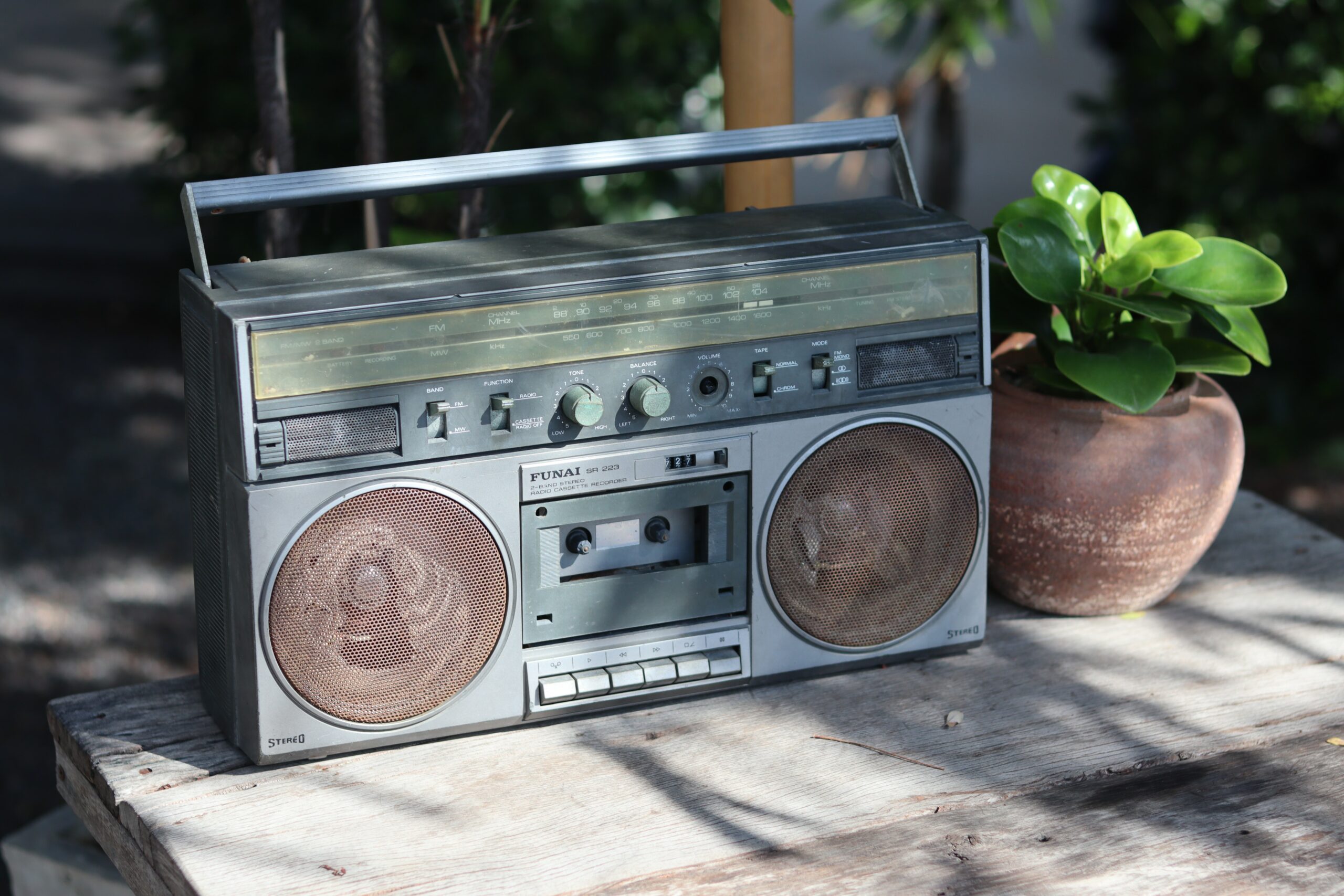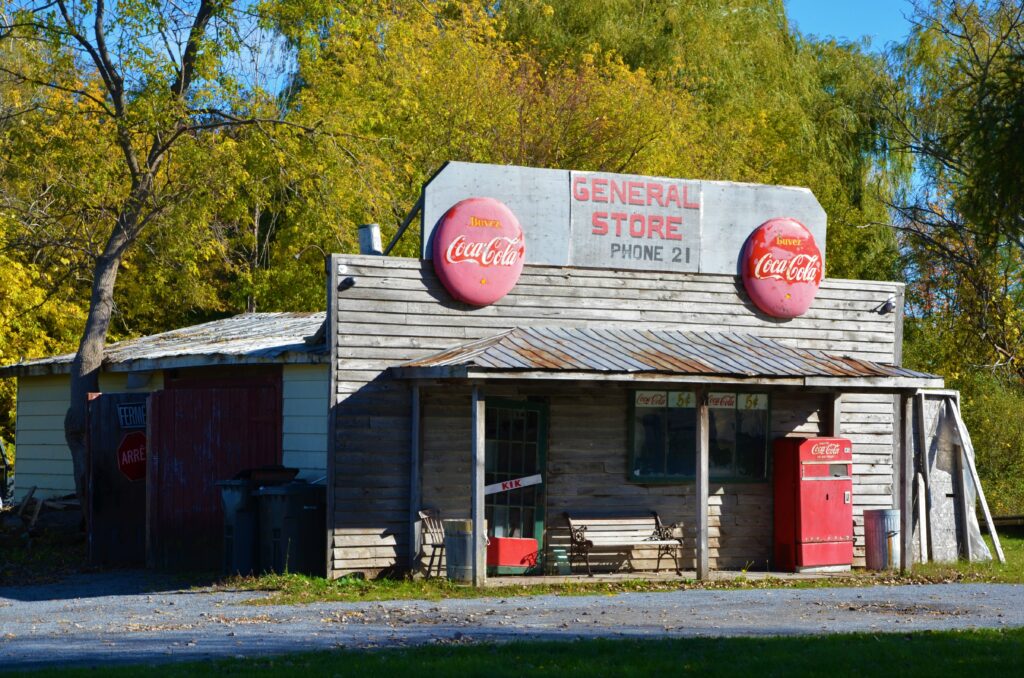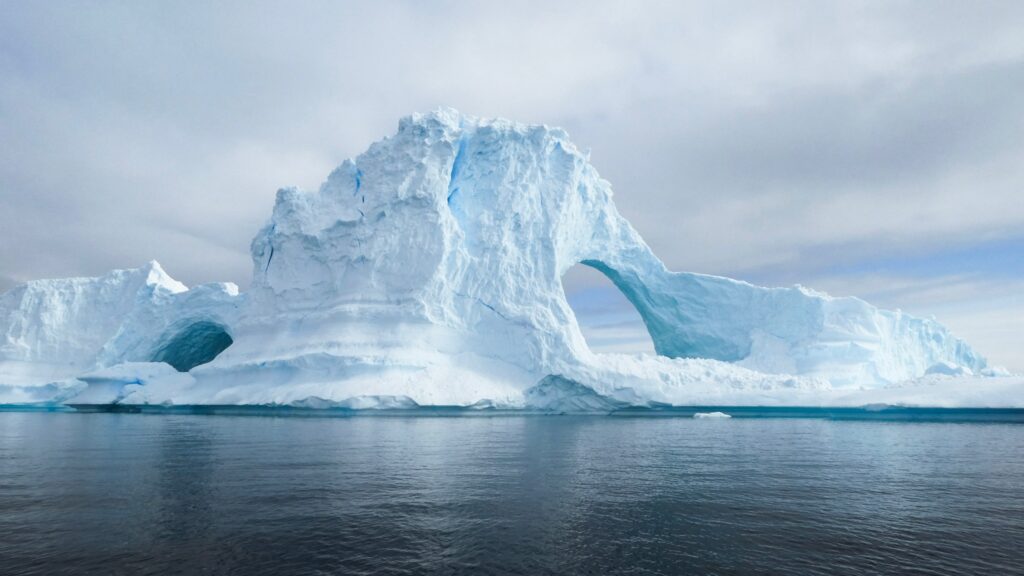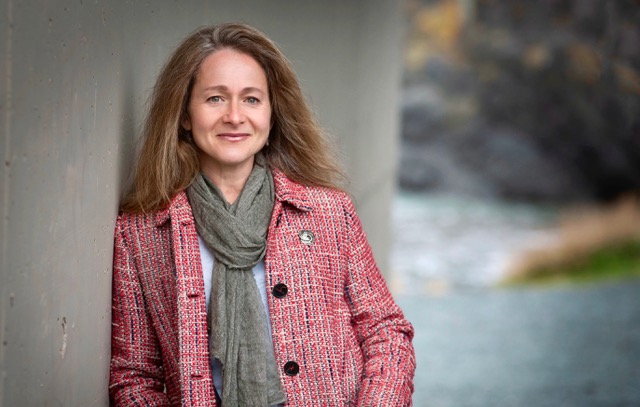Of pantsers, plotters, and being of use
By Monica Kidd
I want to be a plotter. Oh, how I want to be a plotter. In the way I want my car to stay clean or to keep my spice drawer organized, I want to be a plotter. Each time I start a new project, I delude myself with an outline and visions of stepwise arguments, character development, of writing with the end in mind.
But — and this is not an insouciant gesture toward having some rare and untameable intelligence — I just can’t do it. I am constitutionally someone who writes — and lives — by the seat of her pants. I am constitutionally a pantser. I changed my major three times in undergrad, was miffed when I was told I couldn’t do a double-major in two different faculties, started my career in science, followed my curiosity over to journalism, then came around another hairpin curve into medicine. The first books I published were novels, followed by nonfiction, then poetry, with a radio play and a few short films thrown in there.

What can look like fickleness, or deficits in attention, or collecting careers (my c.v. is a disaster), has, in fact, been me trying to be a decent generalist. Remember back when it was okay to be a generalist? When I was growing up, my family owned the only general store in a very small town. My parents worked hard to have a good selection of most things a person might need for daily life, to spare them a drive into the city: milk, meat, fruit, dry goods, ice cream, nails, paint, a few gifts and greeting cards, and the occasional snowmobile. They took pride not in showiness, but in being useful.
Usefulness can be a slippery concept. The pursuit of usefulness led me from journalism to medical school. The kind of journalism to which I was assigned had stopped feeling important, and I was itching to contribute something. Surely medicine would be something? Two decades later I know I’ve been useful to some people sometimes, but art is as essential to a good life — as useful— as is medical care. My heart has not for one second stopped questioning the choice to leave behind writing as my daily bread or stopped wanting the freedom to be in the field and to go on adventures. Being a generalist, straddling arts and science, working across genres, has been my way of keeping my boots by the door.

In only a few of these things I have written have I known exactly what I wanted to say, or even how I wanted to say them, until I was partway into the writing. Sometimes I try to write something as fiction, but it finds a truer form in poetry. Sometimes life allows only episodic writing. Poems can start with a single image and be drafted quickly to capture a moment; my favourite moments of revision reshape first drafts into something unexpected, something under the surface that wasn’t immediately apparent when pen first touched paper. The essay that appears in this issue of The New Quarterly was like that. Initially just a bunch of journal entries collected over multiple trips to Antarctica, interspersed with quotes from books I happened to be reading, the many parts became an existential journey to find everything waiting at the centre of nothing. I didn’t know that’s what I was going to write, and the only writing I could do at the time, while busy working, was to collect images and scenes in what became something of a logbook. I kept the useful bits. Everything else was a hand up along the way.

So while I chase the illusion of personal and creative control, in truth I live for surprise. I write until something lights up in my mind or on the page, often scrapping what I started and chasing down the thing that has just visited me. I try to live like that, too: by plunging in and working my way out, pantsing. In my worst moments, I make a garbled mess of things. In my best, I can stumbled on separate images or ideas and make one hold up a mirror to the other, creating a new conversation. In this time of wars old and new, maybe conversation is the most useful thing there is.

Monica Kidd’s most recent book, Chance Encounters with Wild Animals (Gaspereau Press, 2019), was short-listed for the 2020 Stephan G. Stephansson Award for Poetry. She works as a family doctor, a freelance journalist, and is doing an MFA in Creative Non-Fiction at University of King’s College.
Header photo by Aaron Burden on Unsplash

